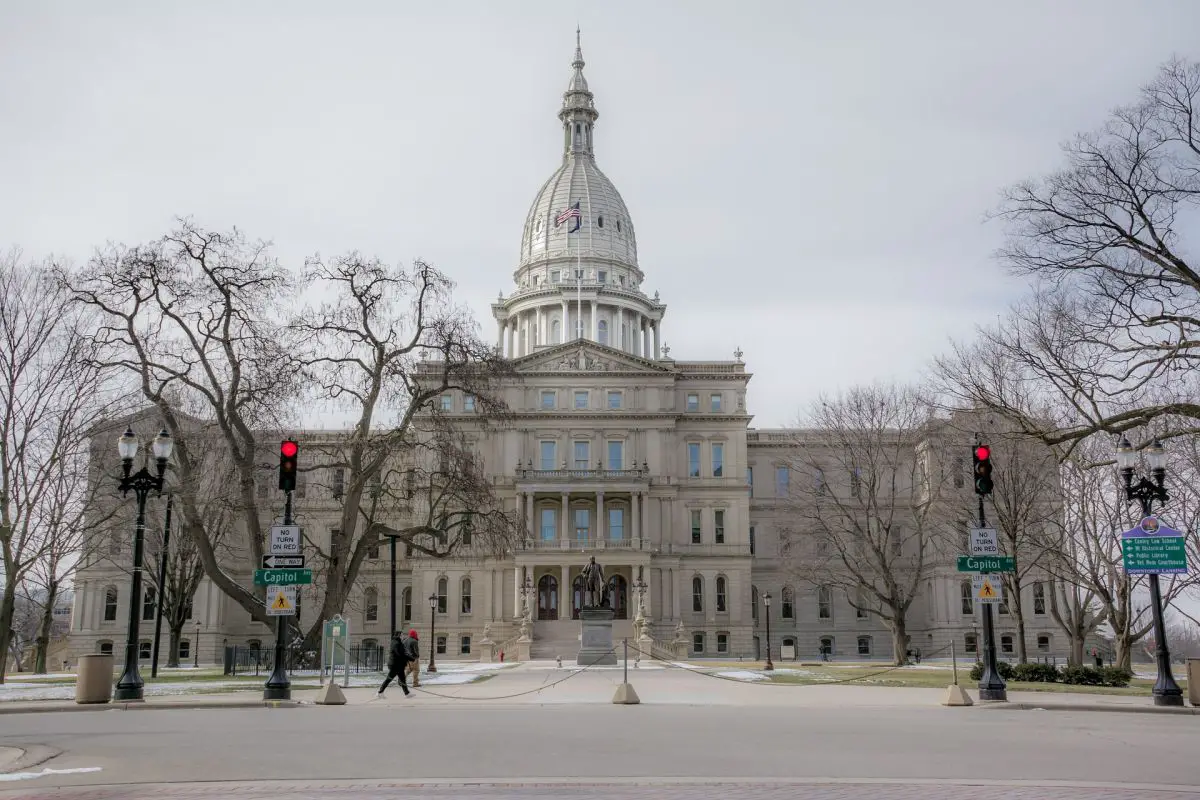Michigan lawmakers take a stand against corporate secrecy, advancing legislation to ban non-disclosure agreements in economic development deals.
Michigan House Approves Bill to End Secret Corporate Subsidy Deals
LANSING, Mich. — The Michigan House of Representatives has passed two bills aimed at banning the use of nondisclosure agreements (NDAs) in economic development deals, a move supporters say will bring much-needed transparency to how taxpayer money is allocated. House Bills 4052 and 4053 passed with bipartisan support in an 80-28 vote, sending the legislation to the Senate for further debate.
NDAs Keep Taxpayers in the Dark
For years, corporations have leveraged NDAs to keep economic development negotiations confidential, often pitting cities and states against one another in costly subsidy wars. These agreements prevent local communities from knowing how their tax dollars are spent until after deals are finalized, leaving little room for public input or accountability.
Pat Garofalo, Director of State and Local Policy at the American Economic Liberties Project, praised the Michigan House’s decision, calling it an essential step toward ensuring taxpayers, workers, and local businesses have a say in economic deals that shape their communities.
“By moving to ban this corrupt tactic, Michigan lawmakers are ensuring transparency and fairness in economic development,” Garofalo said in a statement. “We applaud the bill’s sponsors for their leadership and urge the Michigan Senate to pass this critical legislation swiftly.”
Corporate Secrecy Deals Harm Local Communities
The practice of corporate secrecy deals has been widely criticized for years. When state and local governments enter into subsidy agreements under NDAs, taxpayers often foot the bill for projects they had no opportunity to evaluate. Many of these deals do not deliver the promised economic benefits, and some corporations fail to meet job creation commitments after receiving incentives.
The American Economic Liberties Project, which is part of the bipartisan Ban Secret Deals coalition, has long advocated against these closed-door negotiations. The organization argues that transparency is essential for fair competition and preventing taxpayer money from being misused to benefit wealthy corporations at the expense of small businesses and workers.
Bipartisan Support Reflects Growing Concern
The strong bipartisan vote in favor of the bill suggests that opposition to corporate secrecy is not limited to one party. Lawmakers on both sides of the aisle recognize the need for more public oversight in economic development.
Michigan Advance reported that state Reps unveiled these bills on Thursday. Steve Carra (R-Three Rivers) and Dylan Wegela (D-Garden City).“Members of both parties, in both chambers, have signed these agreements to keep the development of these projects secret,” said Wegela. “The signing of these NDAs has led to the transfer of billions of taxpayer dollars to corporations. Lawmakers learn about these agreements and regardless of whether or not they support the projects, it prevents them from speaking out against these deals. Legislators shouldn’t be handcuffed by NDAs preventing them from speaking out against deals that are bad for Michigan.”
Supporters argue that lifting the veil on these deals will enable Michigan communities to make informed decisions about which businesses receive subsidies, ensuring that economic incentives lead to sustainable local growth.
Business Groups and Critics Push Back
While the bill has gained traction, some business groups and economic development officials warn that eliminating NDAs could discourage companies from investing in Michigan. Critics argue that companies often seek confidentiality to protect proprietary information when negotiating relocation or expansion deals.
Despite these concerns, public sentiment has increasingly turned against secret corporate subsidy deals, particularly after high-profile failed projects across the country that left taxpayers on the hook for unfulfilled promises.
What’s Next for the Bill?
The legislation now heads to the Michigan Senate, where lawmakers will decide whether to advance it to the governor’s desk. If passed, Michigan would join a growing number of states pushing for greater transparency in corporate subsidies.
The outcome of this legislative effort could significantly impact how Michigan negotiates future economic development deals, shifting the power dynamics away from large corporations and toward local communities.
Find More Interesting Feature Stories From ThumbWind
- Michigan Feature Stories – Unveiling the diverse and vibrant people, captivating places, and remarkable events that come together to make the Great Lake State unique and cherished by both residents and visitors alike.
- Weird Political News – A sarcastic take on official news from around the U.S., exploring the absurdities that often arise in the political landscape while providing a humorous perspective on current events and highlighting the quirks of politicians and policies.
- Michigan News – News and events from Michigan’s Upper Thumb region worth knowing, including local stories, impactful interviews, and updates on community happenings that shape the culture and lifestyle of the area.
Your Turn – Like This, or Loath it – We Want To Hear From You
Please offer an insightful and thoughtful comment. We review each response. Follow us to have other feature stories fill up your email box, or check us out on ThumbWind Publications.



